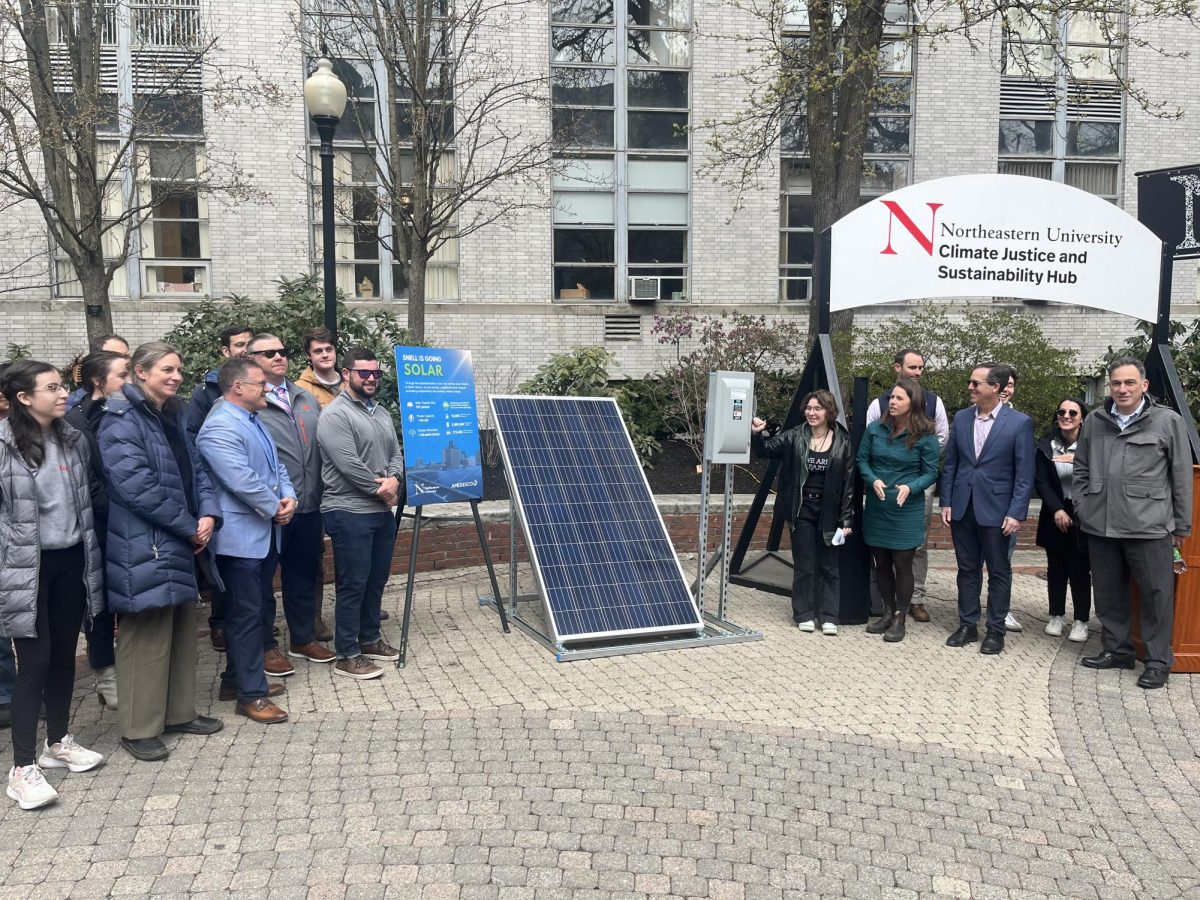By Danielle Capalbo, News Staff
One thing’s for sure:’ The Obamas aren’t lacking for attention.
As the first 100 days of America’s new presidency unfold, it seems every set of eyes in the world is watching the White House. But alongside an inauguration spectacle for the record books and headlining day-one decisions, there has been another, more curious contender bidding for the country’s attention.
Make that two curious contenders:’ ‘Sweet Sasha’ and ‘Marvelous Malia.’
Not President Barack Obama’s 7- and 10-year-old daughters, but limited edition stuffed dolls that share their names, produced by Ty Inc., the company known best for making Beanie Babies.
The dolls were released late last week, on the heels of the inauguration, as part of the Ty Girlz series. In response to reports everywhere from the Washington Post to the Huffington Post, Ty has publicly denied any connection between the dolls and the first children.
Ty spokesperson Tania Lundeen told the Associated Press the company chose to call the dolls ‘Sweet Sasha’ and ‘Marvelous Malia’ because ‘they are beautiful names.’ Regardless, reports on CNN have circulated that First Lady Michelle Obama disapproves.
The company’s denial ‘- and the mere existence of these dolls ‘- might seem bizarre, but presidential historian and former White House adviser Doug Wead said first children have long attracted media attention. Even this scenario has a historical parallel.
Between President Grover Cleveland’s first and second terms in the White House, he and his once controversially young wife had a baby named Ruth. She drew public fascination, if not obsession, Wead said.
In her pre-teens, after Cleveland’s second term had ended, Ruth died.
‘The whole nation went into mourning,’ Wead said. ‘Then the Curtiss Candy Company introduced a candy bar named Baby Ruth ‘- but they denied it had anything to do with the baby.’
Branding first children didn’t stop here, Wead said:’ There were coloring books of the Kennedys, punchouts of Caroline and paper dolls of John-John.
And ever since George and Martha Washington decided to raise their grandchildren as their own in the White House, gossip about presidential offspring has whirred in the public forum.
‘It’s hard for us to believe this, or to understand it,’ he said. ‘The stories of these kids flare into the headlines ‘- big stories that dominate the front pages, sometimes for days. Then they just disappear, like snow on a hot day, and what the president says and does endures. So we have this impression that [first children appearing in the media] is all new, but no, it is not new at all.’
The plush incarnations of the Obama girls, ‘Sweet Sasha’ and ‘Marvelous Malia,’ are the newest generation of Baby Ruth candy bars or John John paper dolls.
‘I would probably buy them if I was a kid,’ said Arielle Margolin, a freshman music industry major. ‘In a way, it could be pretty cool. If the girls are able to maintain a sense of normalcy in their lives, [these dolls] could almost be admirable ‘- they could give other kids a positive image to look up to, as opposed to having a Barbie. That’s not realistic. These are cute.’
But sophomore health science major Sarah Clermont said the dolls’ demographic might cause a conflict of social interests for the budding Obama sisters; they’re made for other girls Sasha and Malia’s age.
‘You’d probably have a weird way of thinking about yourself ‘- your identity and purpose,’ she said. ‘And your peers would look at you like that, too.’
Wead said he has interviewed 19 of the living former first children and supported the notion that the Obama girls might develop identity crises ‘- but hardly because of the dolls. He said’ children who grow up in the White House often have difficulty relating to other people down the line, and separating their egos from their parents’.
‘They all face the same problems,’ he said.
One positive note rang true for all the presidential children he spoke with, though.
‘I’m told over and over again that, for the children themselves, there is a sense that anything is possible,’ he said. ‘That, ‘If old dad could get elected president, then I can do something great with my life too.”













